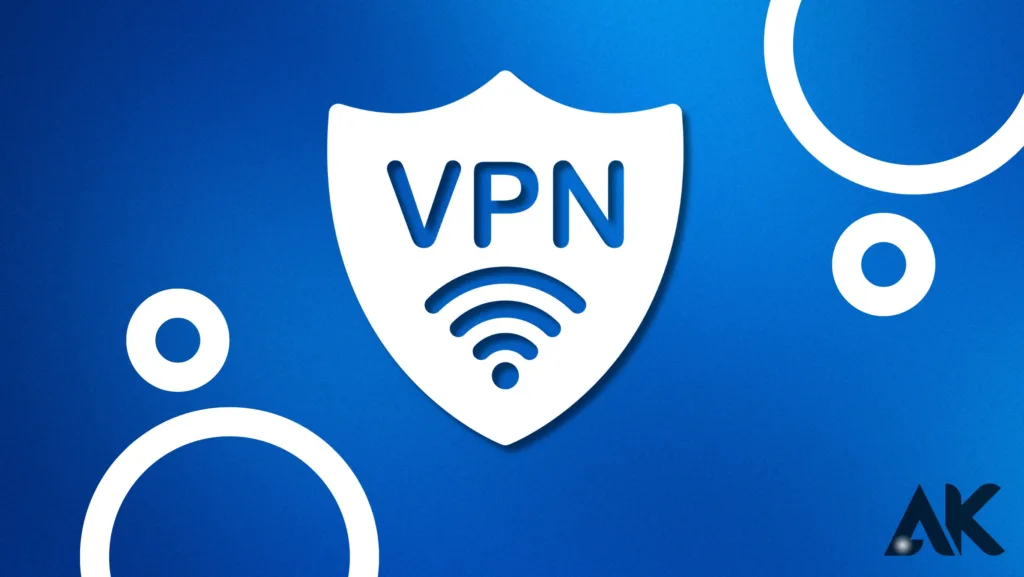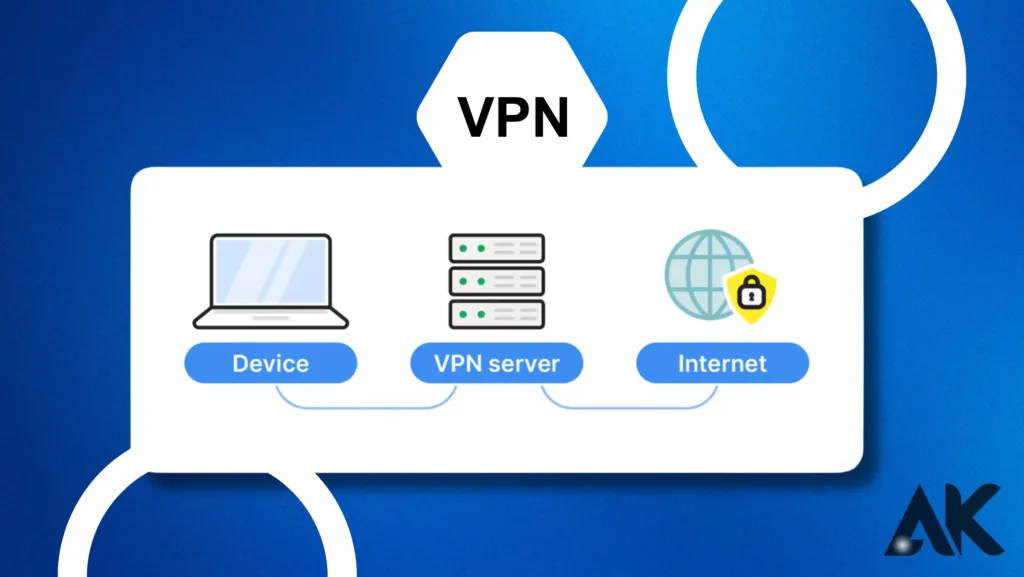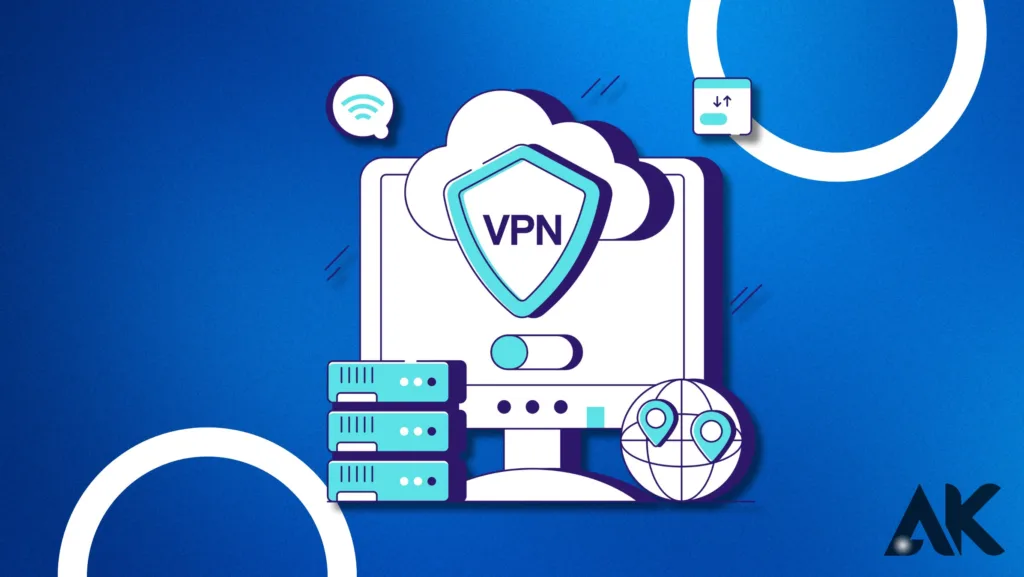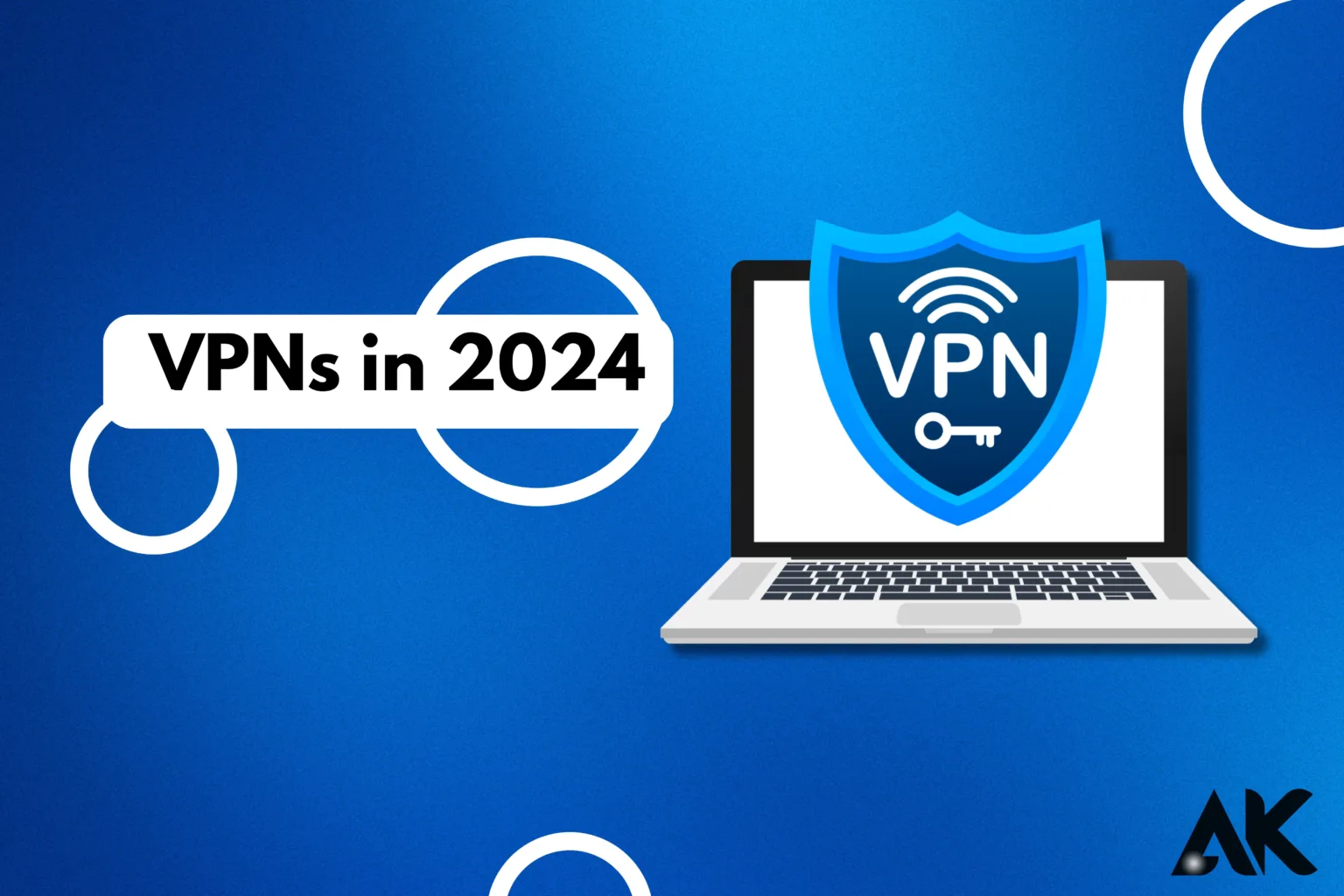What is a VPN? Because of the growing interdependence of the digital world in 2024, Virtual Private Networks (VPNs) are a vital tool for anyone looking for online privacy, security, and unfettered access. VPNs are now the standard for protecting personal and organizational data, regardless of whether you’re a tech-savvy professional, a casual internet user, or a company handling sensitive data. By encrypting your internet connection, these technologies protect your data from hackers, trackers, and even invasive governments. They also allow you to get around geo-restrictions and have limitless access to the internet.
Thanks to technological developments, VPNs now come with features like multi-hop routing for extra security, quantum-resistant encryption, and lightning-fast connections ideal for distant work, gaming, and streaming. Given the ongoing evolution of cyber threats and the rise in online surveillance, knowing how VPNs work, they are the newest advancement, and it’s more important than ever to know how to pick the best one. Everything you need to know about VPNs in 2024 will be covered in this book, from their advantages to the innovative trends influencing their development.
What is a VPN?

What is a VPN? A virtual private network, or VPN, is software that creates a secure connection between your computer and the internet by sending your internet traffic to a server located at a distance via an encrypted tunnel. Bypassing firewalls and unblocking regionally restricted websites and streaming content, this encrypted connection can help you safeguard your privacy online. Apps and websites cannot see your ISP or public IP address, and your ISP will not be aware of the apps and websites you use or visit. All of that is covered in more detail below.
Why should I use a VPN?

If you are at all concerned about your internet privacy, you should utilize a VPN. However, a VPN is capable of far more than only concealing your internet activity from hackers, including your ISP, government organizations, hackers, and advertisements. Depending on the kind of VPN user you are, here are several reasons to think about using one.
Critical VPN users
When selecting a VPN, you should give security and privacy top priority if your privacy demands are high, whether you live in the US or a nation with internet censorship blockades. For example, using a VPN can be advantageous for activists, doctors, lawyers, and investigative journalists.
- If you want to evade internet censorship, you should use a VPN.
- If you want to bypass firewalls at work or school, or those imposed by the government of the country you’re in, you should use a VPN.
- If you want to access communication tools including Messenger, WhatsApp, X, Instagram and Zoom from countries with repressive regimes, you should use a VPN.
- If you’re in a country during any period of political or social unrest when access to vital communication tools is suspended or restricted, you should use a VPN.
- If you’re travelling and connecting to unsecured public Wi-Fi hotspots, you should use a VPN.
- If you want to prevent your internet service provider from monitoring your internet activity, you should use a VPN.
Casual VPN users
You can use your VPN for things that are a little less privacy-critical if you’re a casual user and aren’t concerned about government surveillance or ISP monitoring.
- Using a VPN is recommended if you wish to unblock geo-restricted streaming content on services such as Netflix, Hulu, Prime Video, Max, and Disney Plus.
- Use a virtual private network (VPN) if you wish to access your bank account from overseas.
- Using a VPN will let you get the best prices on everything from video games to cosmetics to airline tickets.
- You should use a VPN if your ISP is limiting your internet speeds for whatever reason.
- You should utilize a VPN if you’re a player who wants to connect to gaming networks worldwide and expand your gaming experience.
What does a VPN do?

Anybody who wants to monitor your online activities, including your ISP, workplace, school, network administrators, hackers on public Wi-Fi, web trackers, or government organizations, cannot see your internet traffic unless you use a virtual private network (VPN). Any website you visit will display the VPN’s IP address instead of your own since the VPN hides your actual IP address and replaces it with the IP address of the VPN server you’re connecting through.
The websites you visit won’t be able to determine your precise location because your IP address is linked to your physical location. Rather, they will believe that you are wherever the VPN server that you are using is located. (Yes, this is how geo-restricted content on the internet may be unblocked.)
How much does a VPN cost?
The time you are willing to commit to a VPN provider usually determines the cost of the service. With the majority of VPNs, you can save more money over time the longer you commit. These days, a lot of VPN services provide annual, two-, three-, or even lifetime membership plans. We do not, however, advise sticking with a single VPN for longer than a year at a time due to the market’s volatility. VPNs are acquired and sold, their terms of service may change over time, their performance varies, and their features change.
Depending on the provider, you may pay anywhere from $40 to $250 per year if you choose to sign up for a long-term subscription plan. If you decide on a monthly plan, you ought to anticipate paying between $5 and $15 per month. Choose whatever best fits your needs and price range, but keep in mind that higher price doesn’t always translate into better quality.
In general, we advise against using the majority of free VPNs. First of all, they will likely sell your information to advertisers and other outside parties, defeating the whole point of using a VPN in the first place. Certain free VPNs are blatantly harmful to use and have even been known to infect users’ devices with viruses. Even if that isn’t true for all free VPNs, most will have restrictions on features, speed, data allotment, server locations, and unblocking capabilities. Since Proton VPN’s free tier is safe and has no usage or speed limitations, it’s the only free VPN we suggest.
Are VPNs legal to use?
VPN use is completely legal in the great majority of nations. Taking precautions to protect your privacy online is perfectly acceptable, and you shouldn’t be concerned that using a VPN for privacy will land you in legal hot water. Nevertheless, VPNs are prohibited or illegal in several nations. You can face legal repercussions if you are discovered using a VPN in a nation such as China, Iran, Oman, Russia, Belarus, Turkmenistan, or the United Arab Emirates, to mention a few.
Ironically, though, these are the kinds of locations that block access to specific platforms and apps, making them inaccessible without a VPN. Therefore, in certain areas, only VPNs by using obfuscated servers to disguise your VPN traffic as regular HTTPS traffic, you may safely protect your online data. You can safely protect your online data by using obfuscated servers to make your VPN traffic look like normal HTTPS traffic.
Will a VPN make me anonymous online?
No, a VPN won’t make you anonymous online, and don’t let any VPN company try to convince you otherwise. Complete anonymity via VPN is a common misconception that only breeds a false sense of security. It’s virtually impossible to achieve absolute anonymity online, but that doesn’t stop many VPN providers from trumpeting misleading claims about keeping users anonymous.
A VPN is an excellent tool for protecting your online privacy by encrypting the data you transmit through the tunnel, but it won’t be able to make you 100% anonymous online. The digital footprint you create as you use the internet is next to impossible to completely cover up.
Will a VPN speed up my internet connection?
Generally, no, a VPN won’t speed up your internet connection unless your ISP is deliberately throttling your connection. The process of encrypting your data coupled with routing your traffic through a remote server — which may or may not be an ocean away — will take some time, and will slow down your connection speeds. This is a normal and unavoidable consequence of using a VPN. If you’re using a quality VPN that offers fast connection speeds, however, your speed loss will be barely noticeable.
However, you could utilize your VPN to increase your connection speeds if your ISP is limiting them. Perhaps you’re playing a lot of video games, downloading a lot of files at once, or doing other data-intensive tasks that are taxing the network’s bandwidth. This could cause your ISP to limit your connection. By hiding everything you do from your ISP, a VPN avoids such throttling. Your ISP won’t know what traffic to throttle if it doesn’t know what you’re doing. However, you shouldn’t anticipate that a VPN would speed up your connection in typical situations.
Conclusion
As we navigate the digital landscape of 2024, VPNs remain a vital tool for ensuring online privacy, security, and unrestricted access. They empower users to take control of their digital footprints, safeguarding personal data from hackers, advertisers, and surveillance efforts. With advancements like faster speeds, enhanced encryption, and user-friendly features, VPNs are now more accessible and powerful than ever.
Whether you’re streaming global content, conducting business securely, or simply browsing the web, a reliable VPN can enhance your experience and peace of mind. Choosing the right VPN depends on your specific needs, but the growing array of options ensures there’s a solution for everyone. In a world where online threats and restrictions are constantly evolving, investing in a VPN is a smart and proactive step toward a safer, freer internet experience. toward a more secure and unrestricted online experience.
FAQ
Q1: How does a virtual private network (VPN) operate?
A virtual private network, or VPN, is a technology that encrypts your internet connection and routes your data through safe servers. This procedure conceals your IP address and keeps hackers, ISPs, and governments from tracking or monitoring your online activity.
Q2: What makes a VPN necessary?
Bypassing geo-restrictions, securing sensitive data when using public Wi-Fi, and stopping advertising or other third parties from tracking your online activity, a VPN is crucial for maintaining online privacy.
Q3: Are VPNs legal to use?
Yes, VPNs are legal in most countries. However, some nations, like China and Russia, have restrictions on their use. Always check the laws in your country before using a VPN.
Q4: Can a VPN make my internet faster?
While a VPN can bypass throttling from your internet service provider, it may slightly reduce your internet speed due to the encryption process. High-quality VPNs are optimized to minimize speed loss, so the difference is often negligible.
Q5: How do I choose the best VPN for my needs?
Consider factors like encryption standards, server locations, speed, device compatibility, customer support, and whether the VPN keeps logs of your activity. Look for VPNs with a no-logs policy, fast connections, and robust security features.

